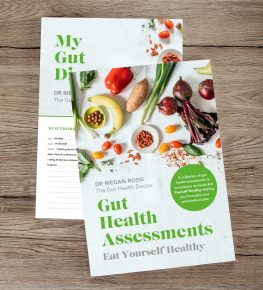This is a question we are commonly asked, however with all things nutrition, it does not have a one size fits all answer. Legumes (e.g. chickpeas, beans & lentils) often get a bad rap for being difficult to digest. People fear the bloating and gas they may cause.
Legumes however should not be avoided; they are a wonderful source of protein, fibre, vitamins and minerals. They are also a source of prebiotics (food for our gut microbes) which can contribute to a healthy and happy microbiome (the trillions of bacteria living in our gut).
One of the side effects of this microbial digestion is the production of gas, which may lead to bloating and the release of wind from our bottoms (aka farts!). This is a healthy response and a sign of well-fed microbes and not something you should be too concerned about.
Bloating and farting, however, are not the most ideal side effects, so to minimise the effect try building up the amount of legumes you eat slowly (i.e. start with a couple of tbsps per sitting) and choose canned legumes, rinsing them well before eating.
Of course, we all respond differently, and if you are having trouble digesting legumes or other foods do consider seeing us at the clinic (we’re holding online consultations at present); we can provide you with personalised information on ways to reduce your symptoms whilst still optimising your overall gut health.














